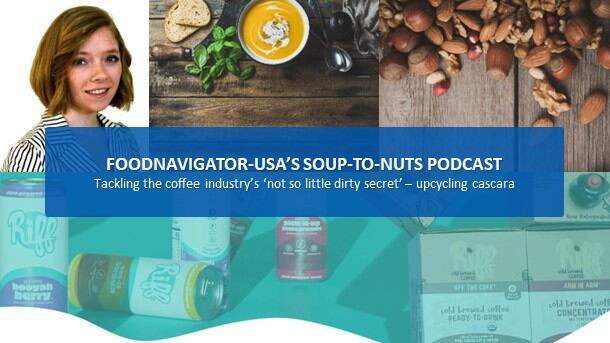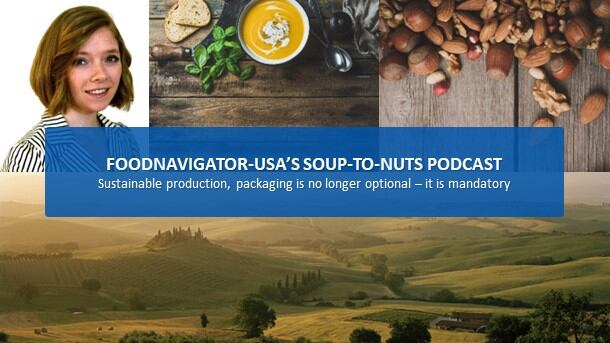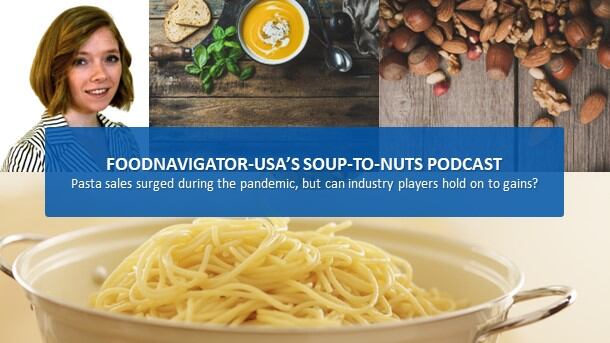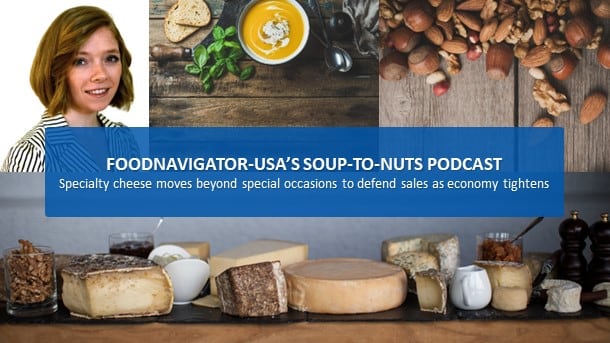According to the plant-based energy drink startup Riff, for every pound of green coffee processed for export, four pounds of cascara and the coffee fruit that surrounds the beans are also produced, and of this a whopping 70% is wasted, often left to decompose – or rot – on a far corner of farm – a process that Riff says “wreaks havoc on our environment and generates methane gas equivalent to 31b pounds of carbon dioxide annually” or the same level of emissions as 3 million automobiles in a single year.
These emissions are contributing to the rising temperatures that threaten to halve the current usable land dedicated to coffee production by 2050, jeopardizing the livelihoods of coffee farmers, many of whom already struggle to make a living wage.
Unwilling to sacrifice the future of coffee or the planet, the founders of Riff are pursuing a third option by using “the whole dang coffee plant” to create a line of cold brew coffees and carbon neutral certified plant-based Energy+ beverages, which Riff CEO and co-founder Paul Evers explains in this episode of FoodNavigator-USA’s Soup-To-Nuts podcast is a “win-win-win.”
[Editor’s note: Never miss another episode of FoodNavigator-USA’s Soup-To-Nuts podcast – subscribe today.]
Leveraging the coffee plant’s full agricultural value
When Riff first launched in 2018, Evers said it was with a mission to bring “craft sensibility to the coffee space” and redefine coffee through cold brewing. But Evers said that quickly expanded to “explore and celebrate 100% of the coffee plant’s agriculture value” after the team discovered cascara and coffee fruit while visiting coffee farms and learned about its functional and flavorful benefits as well as its tremendous negative environmental impact.
“Our big strategy or big idea was to bring craft sensibility to the coffee space and kind of redefined what coffee was by leveraging the cold brewing process … and to inject fun into the coffee space,” which we did by opening a highly experimental tap room where we did “crazy things,” like cold brew coffee cocktails and heated nitro cold brew coffee, Evers said.
The team extended this sense of experimentation and innovation to cascara and coffee fruit after they learned how to remove the fruit from around the bean and experienced its unique flavor and functional benefits while touring coffee farms in Columbia.
But this is also where they first discovered coffee’s “not so little dirty secret” – the full environmental toll of which they didn’t understand until teaming with researchers at Oregon State University. Once the scope of coffee fruit’s impact on the planet was revealed, Evers said Riff underwent a transformation to become the sustainable, environmentally-focused company it is today.
He explained that while touring coffee farms they would pass side plots of land where coffee fruit had been discarded and was rotting so that it looked like a tar pit and the vegetation surrounding it had died.
At the time, Ever said, the team dismissed it as how it was “traditionally” done, but he said that as Riff experimented with coffee-fruit and cascara beverages they couldn’t shake the feeling that how the fruit was managed was an environmental disaster, and that the coffee bean “by-product” could be so much more.
Riff reached out to nearby Oregon State University to better understand the environmental toll of discarded coffee fruit, and a PhD student who took on the project found an estimated 70 billion pounds of coffee fruit was discarded annually for every 25 billion pounds of green coffee beans produced. The greenhouse gas produced from its decomposition was fueling the biggest threat to coffee, which is grown in a very narrow temperature window, and that was rising temperatures.
According to Evers, what makes this waste an “even graver sin” is that the fruit is “actually the better half of the coffee plant” compared to the bean.
“It is naturally caffeinated, it is sweet, it is loaded with nutritional value and loaded with antioxidants, potassium, magnesium, and iron. And it is being throw to waste,” he said.
Riff’s solution was to upcycle the nutrient-dense, functional coffee fruit into a line of sparkling Energy+ ready-to-drink beverages that offer a hit of caffeine plus an immunity boost and dose of antioxidants in three flavors: booyah berry, get-it guava, and pick-it-up pomegranate.
‘We know there is a lot of greenwashing … we wanted to have credibility’
Proud of the work Riff has done to create a beverage that is better for farmers, the planet and consumers, but also acutely aware of the competitive threat posed by greenwashing, Riff leaned into certification to validate its claims and reassure retailers.
Among its many certifications is as the first Carbonfree certified energy drink, a move that Evers says is paying off.
“We know there’s a lot of greenwashing going on out there when you’re making environmental claims and you’re making product claims. So, we wanted to have credibility,” he said.
To achieve this Riff worked to become upcycle certified, verified non-GMO and the one that Evers said he is most proud of – the nation’s first energy drink to be certified carbon neutral by the Carbon Fund.
These certifications have helped the company reassure and convince retailers about the veracity of its claims and value of its product, helping to speed up distribution gains and increase its shelf presence, Evers said.
It also allowed the company to qualify for Amazon’s Climate Friendly Pledge, which improved its position within the algorithm so more people discovered their beverages on the ecommerce site.
Looking forward, Evers said he is eager to partner with others in the coffee and energy segment to improve the industry’s environmental sustainability, and extend the distribution of Riff’s products so that more people can experience is energizing, functional benefits and the unique taste of coffee fruit.




